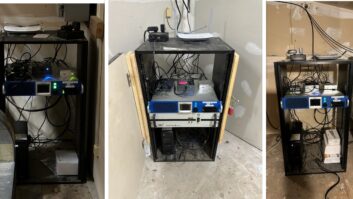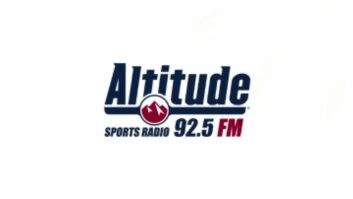AM/FM allotment processes revised
Jan 1, 2007 12:00 PM, By Harry Martin
In November the Commission adopted rules that streamline the way in which the communities of license of existing AM and FM stations can be changed. The Commission will now accommodate community changes through minor modification applications.
For commercial-band FM assignments, the Table of Allotments has been amended to remove from the rules all authorized stations and construction permits. Henceforth, records of such existing authorizations and assignments will be maintained exclusively in the FCC’s CDBS database. With this change in place, the FCC will begin to accept applications for commercial FM station community of license changes in the form of a minor change Form 301 instead of a petition for rule making. Similarly, AM stations and noncommercial FM stations also may ask for community of license changes through the filing of a minor change application (Form 301 for AM and 340 for NCE stations).
An applicant may propose a community of license change in combination with permitted changes in station class, location or frequency. Community of license change proposals must be mutually exclusive with the applicant’s current authorization. For the first time, minor change applications, whether they propose a change in community of license or other permitted changes, may propose changes in the facilities of blocking stations. Submission of such an involuntary change proposal in a Form 301 will result in the issuance of a show-cause order to the blocking station. The blocking station will be given an opportunity to protest or otherwise comment on a proposed involuntary change to its facilities. A blocking station will not be expected to change its transmitter site through this process. Only two involuntary facility changes may be requested in a single application. If the application requires a change to an unoccupied allotment, the applicant will be required to file a rulemaking petition along with its Form 301 minor change application because unoccupied channels can be changed only through an amendment to the Table of Allotments.
In the details
Applications for changes to a station’s community of license must include a detailed exhibit demonstrating that the proposed change constitutes a preferential arrangement of allotments under Section 307(b) of the Communications Act as compared to the existing allotment. Indeed, the FCC will require that the proposal have a net service benefit under the agency’s station assignment priorities. Consistent with past practice, the FCC will not award a first aural service preference for bedroom communities that are part of a larger metro area. An AM or NCE-FM station that obtained its construction permit under a Section 307(b) preference will not be permitted to change its community of license prior to commencing operations unless the new community offers better Section 307(b) attributes than the community originally selected.
The Commission declined to adopt a change in its existing allocation policies under which a community’s sole local transmission service might be removed if the proposal involved providing a first such local service to a larger community. The Commission noted that there is a waiver procedure in place that accommodates such proposals in the few cases where a compelling showing can be made for removal of a community’s only radio station. The policy against removing a sole local station does not apply in the case of unbuilt facilities.
Applications will be processed on a first come/first served basis. As part of this new approach, the Commission will require that notice of the filling of a proposed community of license change first be published in the Federal Register, with the Media Bureau prohibited from processing the application for at least 60 days thereafter. Local public notice also must be given.
Dateline
Feb. 1 is the deadline for submission of biennial ownership reports by radio stations in Kansas, Nebraska and Oklahoma.
Feb. 1 is the deadline for radio stations in the following states to place their annual EEO reports in their public files and post them on their websites: Arkansas, Kansas, Louisiana, Mississippi, Nebraska, New Jersey, New York and Oklahoma.
Martin is a past president of the Federal Communications Bar Association and a member of Fletcher, Heald & Hildreth, Arlington, VA. E-mail[email protected].












